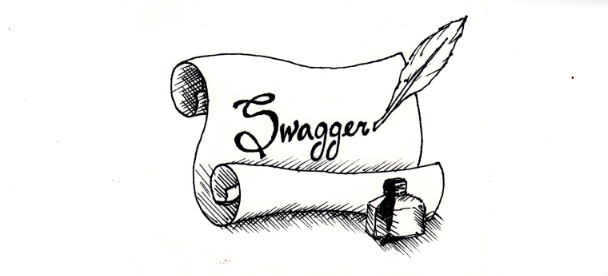To use social media or not use social media? If you're an author using it as a way to promote your books that may be a loaded question.
I spent last weekend at the Northern Ohio SCBWI Conference. I met the new authors on the Debut Authors' panel who seemed to thrive on self-promotion. They were excited about their books and wanted to share them with us.
Here was a talented bunch of people who decided to band together for speaking engagements as representatives from the Class of 2K13. For this conference we had: Kelly Barson, Geoffrey Girard, Mindy McGinnis, Demitria Lunetta, Kate Karyus Quinn, and Jennifer McGowan. Most of them came armed with swag, and Mindy McGinnis even distributed bottles of water promoting her book Not a Drop to Drink.
 |
| Mindy McGinnis wants to be found. |
They obviously loved each other's company, and energized the room in the panels they led. They all seemed genuinely interested in the questions they were asked, and didn't shy away from talking to conference attendees. They all are easy to find online. Mindy even dared us to find some sort of social media that she ISN'T on.
On the other hand, Judith Irvin Kuns, a presenter for a session entitled "By You, Through You, To You, Discovering Your Essence as a Writer," seems pretty reclusive. She doesn't have a FB page, Twitter account, web page, or blog. She is listed on a few third party sites like Goodreads, Amazon, Publisher's Weekly, Google Books and Jacketflap, but without much activity. She had her book with her, and in the conference bookstore, but didn't actively promote it. Yet she was there at the conference, providing lots of good information for us. And she's a very likeable personality. Even so, I'm not able to interact with her online. I also can't follow her progress as an author as easily as I can the debut book writing crowd or any author that embraces the Internet.
| Judith Irvin Kuns' book. |
But then, what about the author who uses social media but doesn't respond to FB friend requests or follow the fan back on Twitter? The author promotes herself, but doesn't engage in meaningful dialogue with her audience. Is it realistic to expect authors to interact with their fan base? Or is the fact that the author is easily findable enough?
Readers: how important is it to connect with an author outside of his/her book? Authors: how important is it to engage with your readers?






